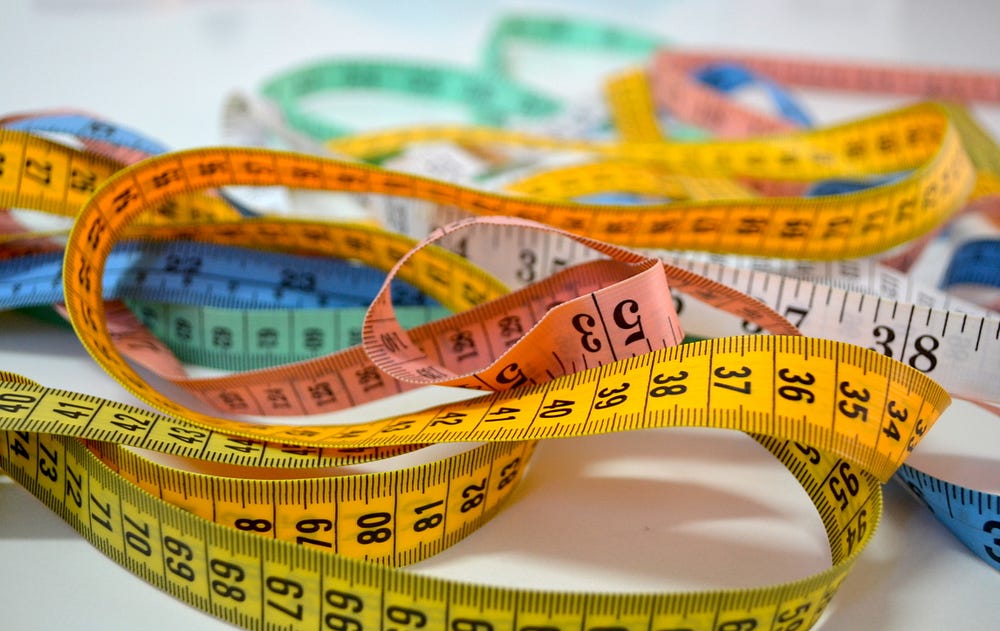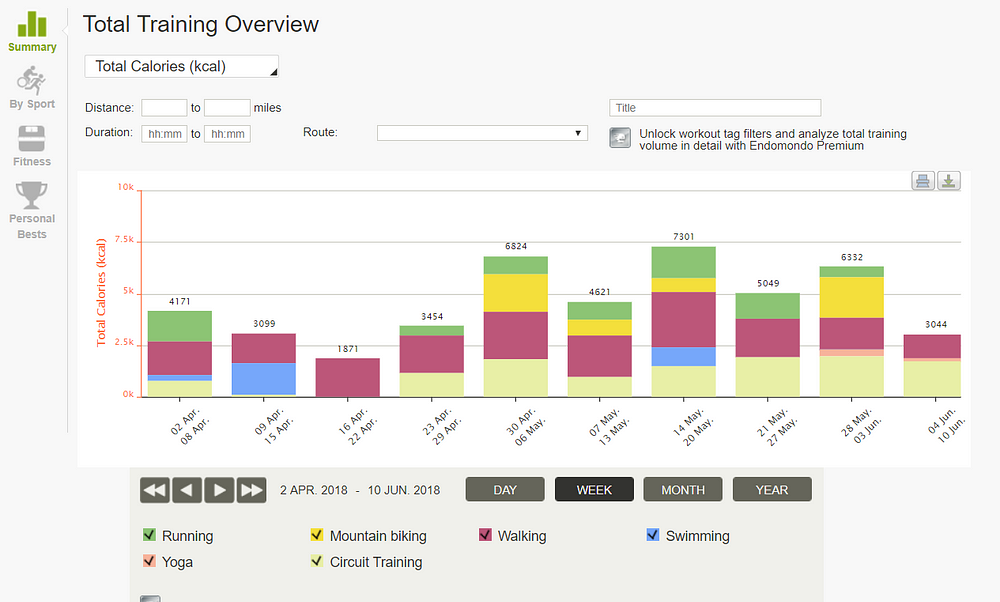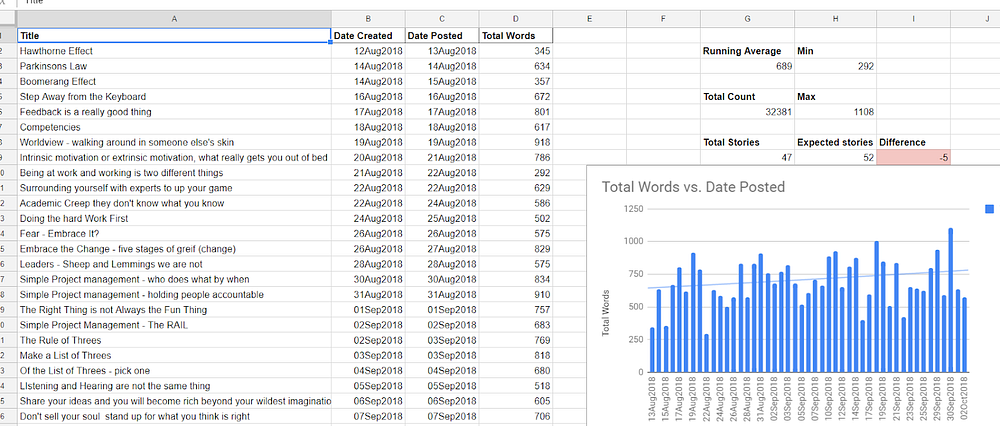Measurements Change Behavior - If you Measure it, Results Will Come
Measure twice cut once.
How much money do you have in your bank account?
How much gas is in your car? How fast are you going? How many miles before the next stop?

Measures. Metrics. Score. These are needed to succeed.
This is the biggest failure of many businesses. Start-ups and mature businesses alike. It affects teams, groups, and individuals. It is a path to failure if you choose to not measure anything that will change behavior. Successful businesses have Key Performance Indicators — KPI’s that are used to identify important metrics or measurements that are necessary for their business success — or survival if they only just started actively measuring. You need to measure your efforts.

I played a lot of baseball while growing up. That is a statistician’s sport. Everything is measured. Runs, hits, errors, balls, strikes, on-base percentages, assists, putouts, strikeouts, wins, losses, pitches thrown, assists, etc. The number of metrics that can be measured is massive. Those metrics and measurements will make anybody that plays the sport to try to get better. To win games. To get noticed by the pros. You need to have measures that make you want to win.
We should make this personal.
Consider your efforts to lose weight. We are always on a diet. Eat this, not that. Do this exercise, not that. Fad today, fad tomorrow. Forget all that noise.

Just. Keep. Score.
Measurements are key. Do you have a goal?
Try #1. Lose Weight.
Sorry, “lose weight” is not good enough as a goal.
Sure, it is good to say you want to lose weight, but what are you measuring? Weight loss? From what to what? When? How soon? What is your target? All your weight or one pound?
Try #2. Lose thirty pounds in ninety days
Getting better. You talk about a target — thirty pounds. You have a timeframe — ninety days. Is it measurable? Sure, but thirty pounds from where? Starting when? Which ninety days? What if you lose a pound and gain a pound, then lose it again?
Try #3. Lose weight, dropping from the current weight of 218 pounds, starting November 1st, and targeting 188 pounds by February 1st by eating 2428 calories per day and exercising a minimum of 60 minutes daily.
Is it measurable? Absolutely. It has a start weight, finish weight, start date, and a finish date. It has a calorie intake measurement based on Basal Metabolic Rate (BMR). It has a measurable fitness aspect too. Is it attainable? Probably. It is a little aggressive and there are three major holidays between the start and finish dates, so it will test your mettle. However, there does not seem to be a scorekeeper, someone to help keep you honest and to witness and measure your results. Why? Because of the Hawthorne Effect, Parkinsons Law, and Heisenberg’s Uncertainty Principle. They are all important for success. Invite someone to keep you honest, or use social fitness apps like MyFitnessPal or Endomondo, and now you have a model to follow.

Try to apply it to the activity you are currently participating in. Sales. Marketing. Blog production. Music making. You name it, keep score. Now you can use the same model.
For instance, in my personal application, I keep score for the blogs I create. It is a simple spreadsheet that has what number blog it is, the title, the day I started it, the day I finished it, and the number of words that are in that blog. It measures against my goal of one blog every day by 9 p.m. of 400 to 600 words per blog until I reach 100 blogs. I then report my activities with a team of people that are holding me accountable.

Keeping score forces discipline. Measuring your results will change your behavior — by setting a goal with measures that can act as catalysts to finish those particular actions by a particular day for any particular reason or value. If you fail to use appropriate measurements, it is very easy to quit and not do any of your actions — especially when you do not have that accountable measure.
Measurements force motivation, either intrinsic or extrinsic depending upon how you perceive them. When you create these goals, they may be intrinsically designed but when publishing them they become extrinsic motivation. The reward comes from checking off that box, verifying that you completed the work as promised. Additional extrinsic pressures come from the external validation of your accountability friends that are supporting and helping you measure your goals.
What are you going to do now? Do you think it is time to start putting measures into place?
Go forth and be brilliant!
Comments
Post a Comment